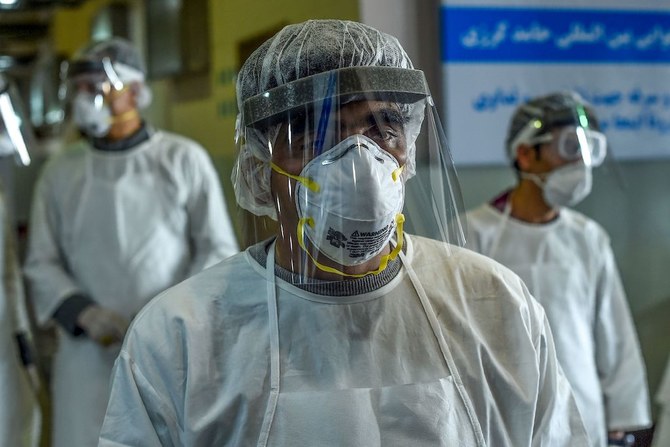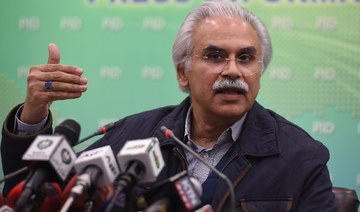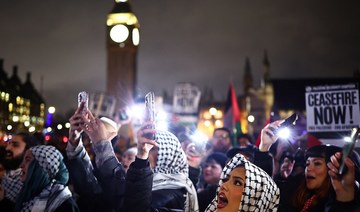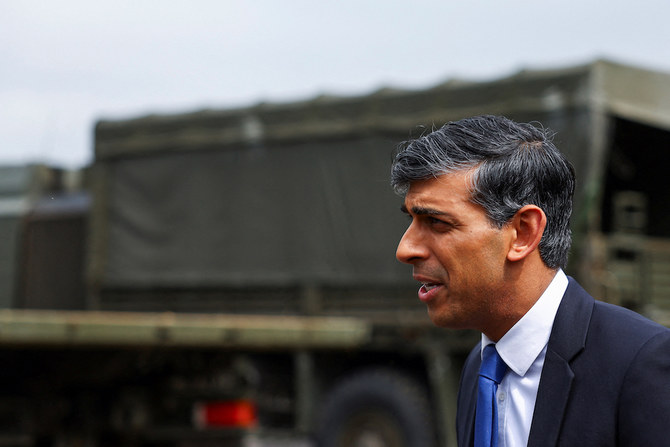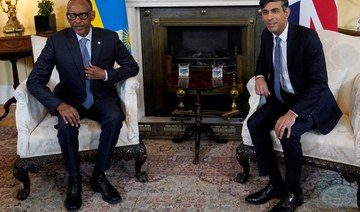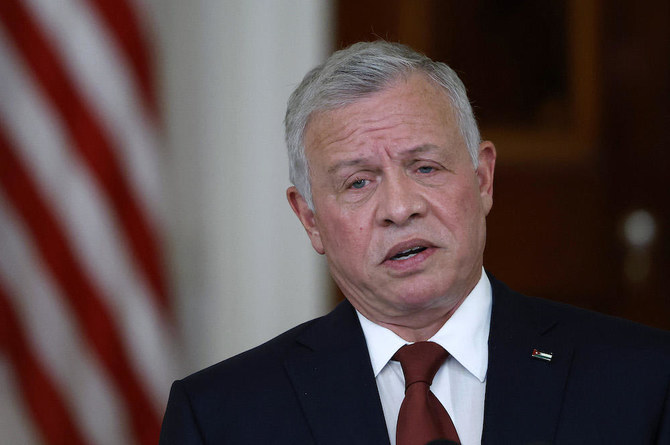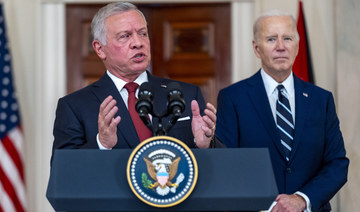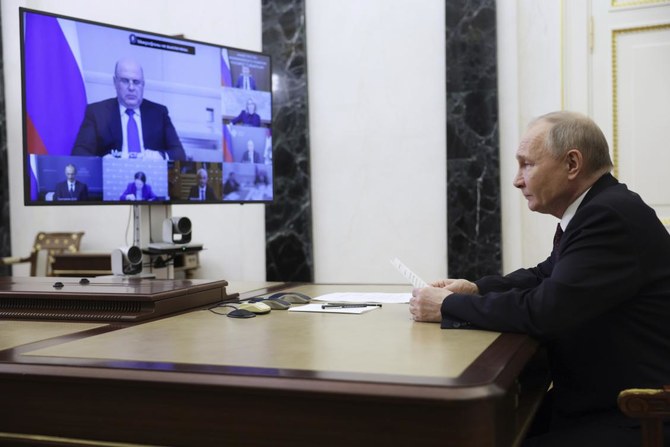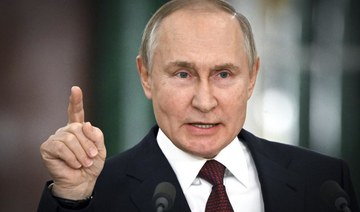MANILA: The Philippines confirmed the death of a 44-year-old man on Sunday, who tested positive for the novel coronavirus (2019-nCoV), the first-known fatality from the disease outside of China.
In a press briefing, Health Secretary Francisco Duque III said that the patient, a Chinese man, was the second confirmed case of the 2019-nCoV in the country, while his partner, a 38-year-old Chinese woman, was the first.
Both are from Wuhan, China, and arrived in the Philippines via Hong Kong on Jan. 21. Four days later they were admitted to the San Lazaro Hospital in Manila.
The female patient reportedly experienced a mild cough but had no fever when she was brought for a checkup.
However, on Jan. 30, the Department of Health (DoH) announced that her laboratory tests — which had been sent to the Victorian Infectious Disease Reference Laboratory in Melbourne, Australia — had tested positive for the virus.
Her husband was admitted for pneumonia after experiencing fever, cough, and a sore throat. Duque said he died on Saturday, Feb. 1.
“Over the course of the patient’s admission, he developed severe pneumonia. In his last few days, the patient was stable and showed signs of improvement. However, the condition of the patient deteriorated within his last 24 hours resulting in his death,” said the health secretary.
Dr. Rabi Abeyasinghe, a World Health Organization (WHO) representative in the Philippines, said: “This is the first reported death outside China.
“However, we need to bear in mind that this is not a locally acquired case. This patient came from the source of the outbreak, Wuhan, where there has been a very large number of deaths,” he added.
Duque said: “This is an imported case with no evidence of local transmission.”
The secretary added work was ongoing with the Chinese Embassy “to ensure the dignified management of the remains according to national and international standards to contain the disease.”
He also assured the public that all measures needed to contain the spread of the virus were being strictly implemented and followed, as he pointed out that both patients were kept in isolation following strict standards, and all health personnel who came in contact with them practiced stringent infection control measures and wore appropriate personal protective equipment.
The DoH is currently conducting a tracing program of all passengers aboard the flights taken by the two positive cases.
“The DoH is monitoring every development of 2019-nCoV very closely and is taking proactive measures to contain the spread of this virus in our country. This health event is fast-evolving and fluid. We are continuously recalibrating our plans and efforts as the situation develops,” said Duque.
“We are providing the public with constant updates and advisories as frequently as possible, so all I ask from the public now is to heed the advisories from official DoH channels and to refrain from sharing unverified and unvalidated information,” he added.
The DoH said that there are no reports of the virus spreading in parts of the country. It urged the public to practice prevention measures such as proper hand hygiene and observance of cough etiquette.
As of Saturday, health authorities said 23 patients with suspected cases of 2019-nCoV were admitted and under isolation in different parts of the country. Ten had since been discharged but remained under strict monitoring.
Meanwhile, on orders of President Rodrigo Duterte, the Philippine government expanded its temporary travel ban on visitors from China amid an increase in the number of 2019-nCoV cases worldwide.
The ban will now cover all foreign nationals arriving from China and its administrative regions Hong Kong and Macau, including those who had been in these areas within 14 days, Malacañang announced.
Filipinos and permanent resident visa holders coming from China and its administrative regions will undergo a mandatory 14-day quarantine, and are temporarily banned from traveling to these areas.



